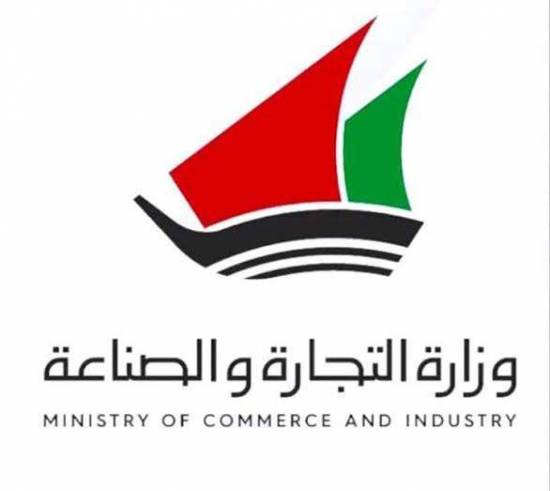In Line With Kuwait's Vision 2035, Economists Praise MoCI's Initiatives Featured
In Kuwait, economists have praised the steps taken by the Ministry of Commerce and Industry to prevent the circulation of “cash” in many sectors, pointing out that this is part of Kuwait’s Vision 2035, as well as development plans that aim to enhance Kuwait’s competitiveness on all levels, reports Al-Rai daily. Traders will be able to keep financial records with the relevant authorities with the adoption of digital payments, and money laundering operations will be tightened, in addition to reducing the inconvenience of carrying money during travel, according to statements provided to the daily.
According to sources, the banking infrastructure is ready to assist all sectors. By working to achieve financial inclusion in the local market, it is imperative that the transition to digital payments is phased, with the opportunity for all citizens and residents to enjoy digital services.
Former Burgan Bank Chairman Majed Al-Ajeel confirmed that digital payments have become a global trend, pointing to the steps taken by Kuwait's Ministry of Commerce and Industry to prevent cash circulation in various sectors, including exhibitions and real estate brokerage, as part of the Kuwait Vision 2035 development plan.
As a result, customers will have more convenience and safety when paying for their purchases, companies of all kinds can work more efficiently, and suspicious operations in the financial and banking sector will be reduced, he said. Kuwait and Middle East Company (KMEFIC) Chairman Hamad Al-Thukair said that transitioning to digital services to implement transactions is a positive step for the Ministry of Commerce and Industry, but it can be done gradually, particularly since Kuwait is similar to other GCC markets. There are large amounts of cash transactions taking place in the Gulf Cooperation Council, which is considered a cash market.
Al-Thukair said that the Ministry of Commerce should gradually shift towards the use of modern technologies in payments, and educate customers about how important it is in combating money laundering and protecting them from theft. He explained that the implementation of transactions over 3,000 dinars cannot be done except with digital devices or checks at first.


